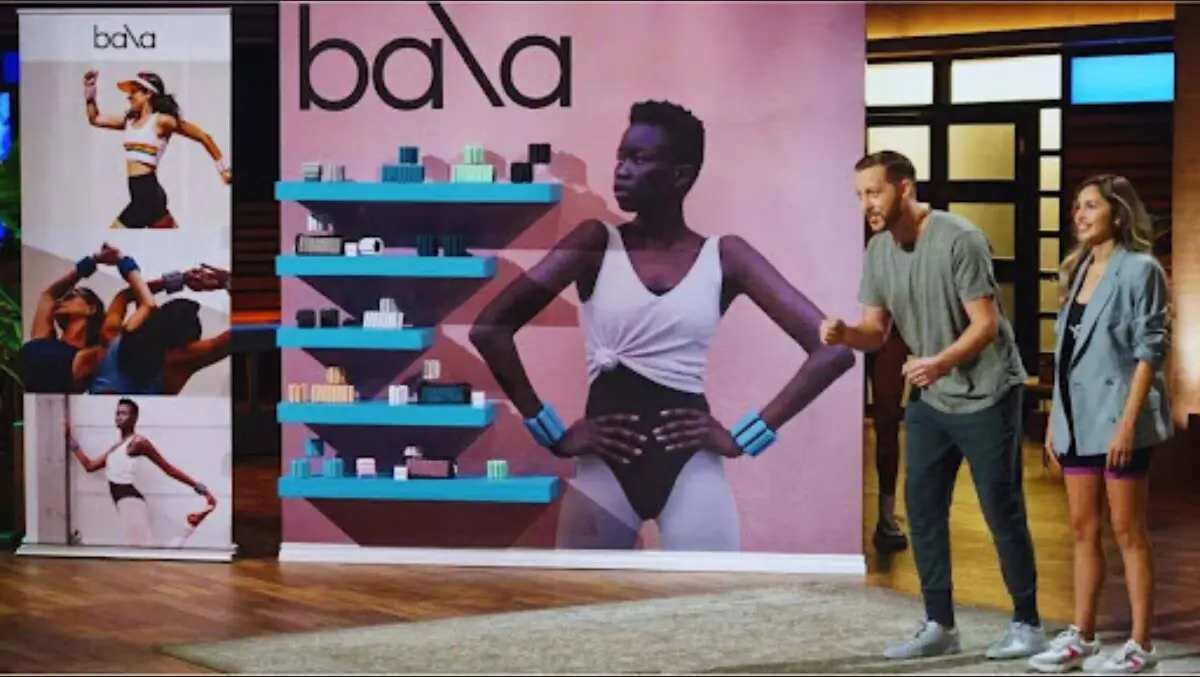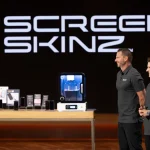
Highlights
- Shark Tank’s soaring success is due to the many innovative ideas the pitchers brought to the show.
- The potential of a stylish fitness brand, Bala Bangles, compelled all the judges to engage in a bidding fight and sparked one of the most intense Shark Tank bidding wars.
- Despite being in their early stages, Aira and Groovebook secured deals owing to their innovative concepts.
The foundation of Shark Tank lies in the creativity of entrepreneurs who bring a variety of business ideas presented on the show. With every new season, the expectations of audiences and competition in different verticals compel pitchers to come up with the most inventive ideas. The Sharks also watch out for businesses with a distinctive value.
Most Innovative Shark Tank Pitches That Stood Out
In every season, the innovative business ideas presented on Shark Tank satiate the business yearnings of viewers and take the show’s graph to a new high. Below are some of the innovative ideas that earned the great attention of investors.
1. Aira
Founders Jake Slatnick and Eric Goodchild introduced Aira, a wireless charging startup, to the investors on Shark Tank. They entered seeking an investment of $500K for 7% equity.
The company used ‘free power’ technology, which allowed users to charge a wireless gadget without any cable. At the time of their appearance on the show, the product was in its prototype stage.
The entrepreneur duo started their pitch with a captivating visual demo that amazed the Sharks. They revealed that they began the free-position wireless charger venture in 2017.
The entrepreneurs described the product as a charging surface and stated that the technology was based on Nikola Tesla’s invention.
The charging surface easily allowed users to place more than one device in any orientation, which amazed the judges. Additionally, although Jake and Eric faced a $30K burn rate, their first order required them to deliver 33,000 units.
Impressed by the ingenious tech features, the investors proposed their offers one after the other. Robert Herjavec made the first offer of $500K for 10% equity.
Next were Lori Greiner and Kevin O’Leary, who proposed $500K for 15% equity. Seeing it get competitive, both entrepreneurs suggested the judges join hands. The three Sharks agreed and locked the deal for $500K at 15% equity.
By 2022, Aira started earning an annual revenue of $4 million, proving the long-term potential of their Shark Tank deal.
2. Bala Bangles
Bala Bangles presented a new, innovative business idea, which led all five Sharks to compete fiercely. Natalie Holloway and Max Kislevitz brought the product to the show, which was centered on fitness. The valuation sought was $400K for 10% equity.
Bala Bangles were stylish and wearable wrist weights that helped increase heart rate, burn fat, and build muscles. According to the entrepreneur couple, these were ideal for Yoga and marathon events. The brand marketed itself as a way to ‘sweat in style,’ blending fashion with fitness functionality.
Natalie and Max revealed that they had made $2.5 million in sales and $50K through a 2018 Kickstarter initiative. Additionally, the products already have a presence across 500 retail outlets and an online presence on Amazon. They then handed out the samples to the Sharks and asked for help with distribution.
All the Sharks were impressed by the business idea and the sales figures. Each of them jumped into the negotiations, leading to a partnership battle between guest Shark Maria Sharapova and Lori Greiner, Maria Sharapova and Daymond John, and finally, Maria Sharapova and Mark Cuban.
Ultimately, Maria Sharapova and Mark Cuban bagged the joint partnership deal for $900K at 30% equity.
As of 2024, Bala Bangles generates $1 million in monthly sales, making it one of Shark Tank’s most successful fitness investments.
3. Groovebook
Groovebook was another innovative business idea that caught everyone’s attention on Shark Tank. Although initially the Sharks were not interested, the entrepreneurs highlighted some key product features midway through the pitch, bringing them back in the game.
The entrepreneurial couple, Brian and Julie Whiteman, went before the panellists with their ingenious photo book app. They asked for a $150K investment at 20% equity. Explaining its features, they showed how one could create photo books out of the photos in a smartphone.
The shipping charges were $2.99, which was to be paid on a monthly basis. They further stated that its distinguishing aspect was its flexibility. Brian and Julie had already acquired more than 18,000 subscribers.
The Sharks were impressed by the distinguishing feature of Groovebook. Mark Cuban offered $150K for licensing the business. Whereas, Kevin O’Leary proposed buying the entire company for $750K. The entrepreneurs countered Kevin’s offer of $6 million.
Following this, Mark and Kevin had a small discussion and offered $150K in return for 80% of the licensing. The entrepreneurs accepted the deal.
Groovebook was bought by Shutterfly for $14.5 million in 2014.
Why These Shark Tank Deals Still Inspire Entrepreneurs
The varied nature of ideas brought on Shark Tank has often shown the creativity of pitchers. Whether Aira’s charging technology, Groovebook’s photobook offering, or Bala Bangles’ fitness equipment, every innovative idea has resulted in profits for both the pitchers and investors.
These products prove that with the right mix of creativity, strategy, and investor support, even early-stage startups can grow into multimillion-dollar success stories.
References
This Startup Made A Deal On ‘Shark Tank’ And Just Sold To Shutterfly For $14.5 Million, Forbes, Amit Chowdhry




















